MarAlliance's
10 year anniversary
10 Years of Exploring, Enabling and Inspiring
As we mark our 10th anniversary, we invite you to explore our journey of steadfast dedication to marine conservation. This timeline provides a comprehensive overview of our organization’s work and conservation efforts over the past decade. We encourage you to explore the pivotal events that have shaped our journey.
Established in 2014, MarAlliance has emerged as a beacon of dedication in safeguarding our oceans’ biodiversity. We take pride in our steadfast commitment to rewilding the oceans with endangered marine megafauna, in collaboration with local communities.
MarAlliance Timeline
2014
MarAlliance is Founded
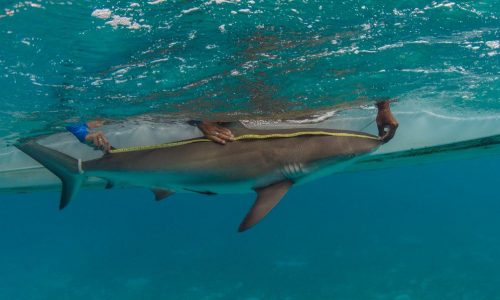
Regional Implementation of Our Standardized Species Monitoring Protocols
2015
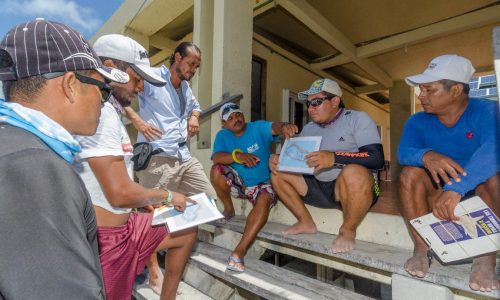
Extending our Protocols to Mexico, Guatemala, and Honduras
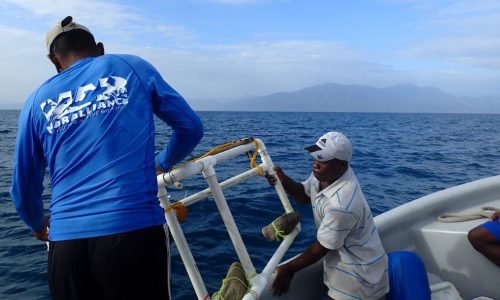
Honduras program started
News: https://maralliance.org/how-are-our-fish-doing-monitoring-can-help-answer-the-question/
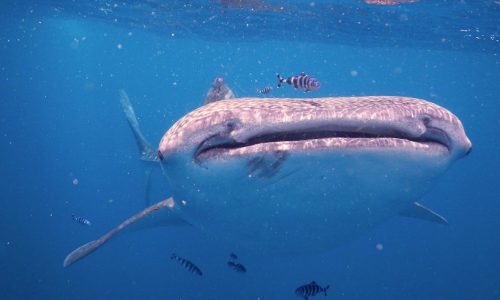
Cabo Verde Program Started
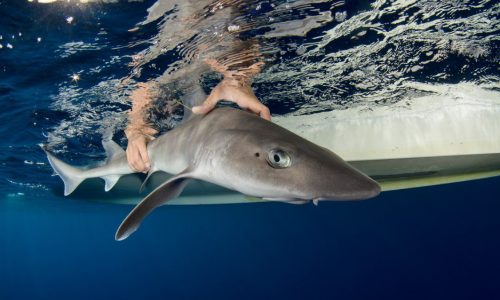
Delving into the Depths: Launching our Deepwater Research
News: https://maralliance.org/the-deep-a-new-frontier-for-shark-science/
2016
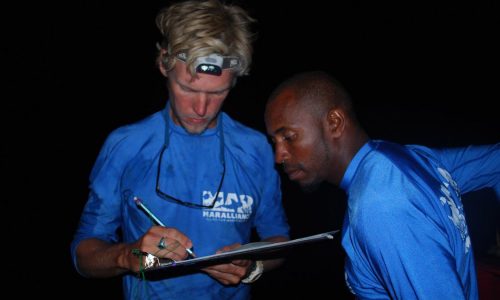
First baseline completed in eastern Cape Verde
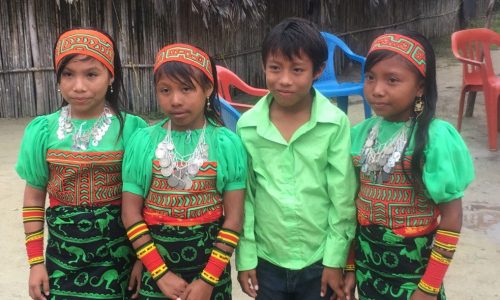
The Panama program started
2017
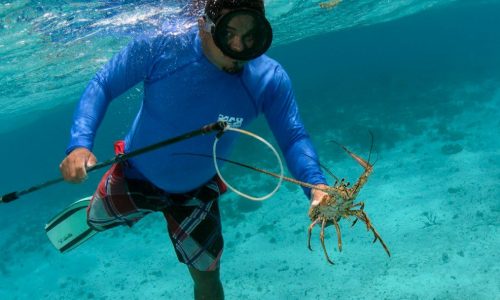
Knowledge Exchange for Sustainable Fisheries
News: https://maralliance.org/networking-fishers-across-ocean-basins/
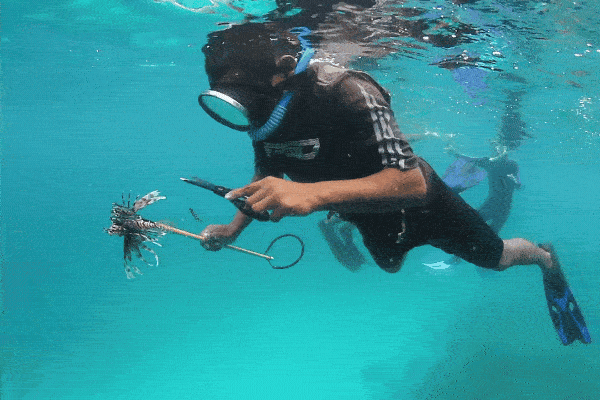
Tackling Invasions: Lionfish Local Management in Guna Yala
News: https://maralliance.org/panamas-guna-yala-local-fishers-become-champions-for-marine-resources-management/
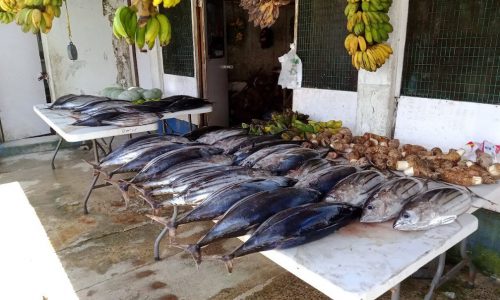
Sustainable Fish Markets in Micronesia
News: https://maralliance.org/markets-developed-and-driven-by-fishers-a-solution-for-sustainable-fisheries/
2018
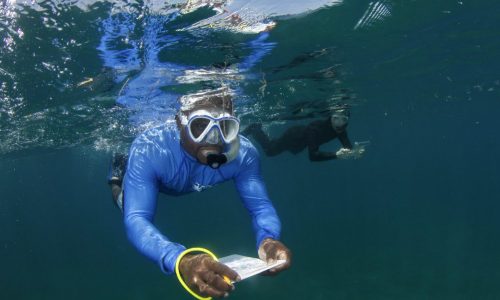
Fisher Exchanges: Fostering Cross-Border Collaboration
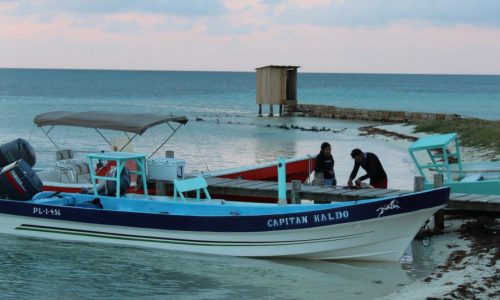
Mapping Shark Populations: La Moskitia's First Baseline Survey
News: https://maralliance.org/miskito-cays-unexplored-marine-wildlife-under-threat/
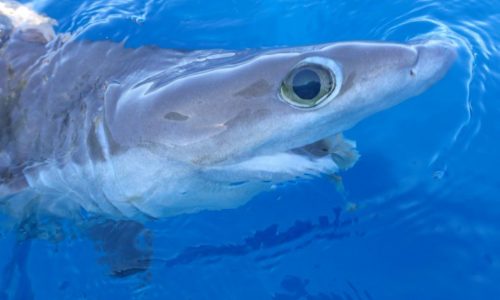
New Species of Shark Discovered!
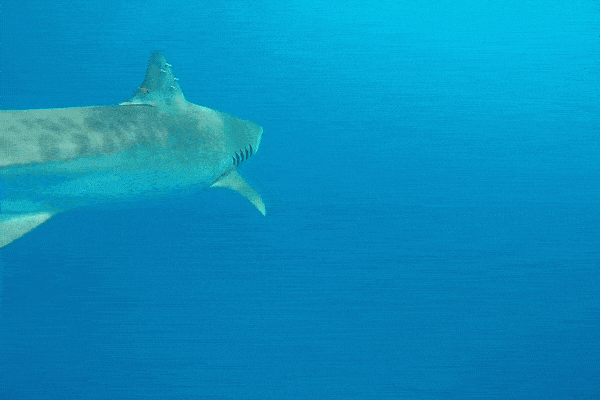
Tagged Tiger Shark Makes a Historic Migration
News: https://maralliance.org/calema-or-52-the-amazing-transatlantic-migratory-tiger-shark/
2019
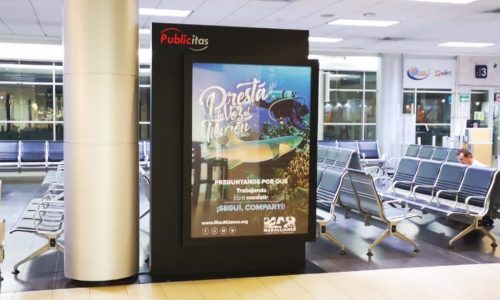
Lend Your Voice to Sharks Campaign
News: https://maralliance.org/lend-your-voice-to-sharks/
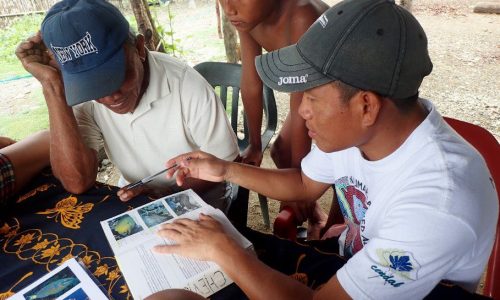
Fisheries Assessment of the Guna Yala, Panama
News: https://maralliance.org/community-champions-guna-sea-savior-leyson-navarro/
2020
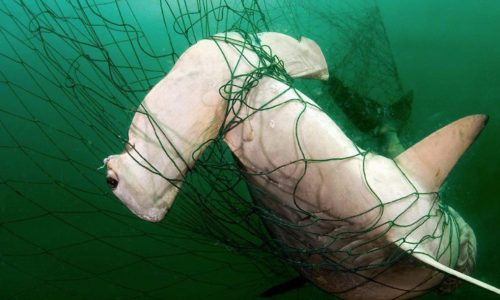
Gillnet Ban in Belize
News https://maralliance.org/making-a-net-difference-to-sharks-and-rays/
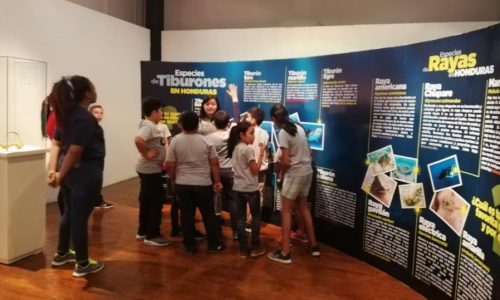
Central America's Pioneer Shark Exhibit
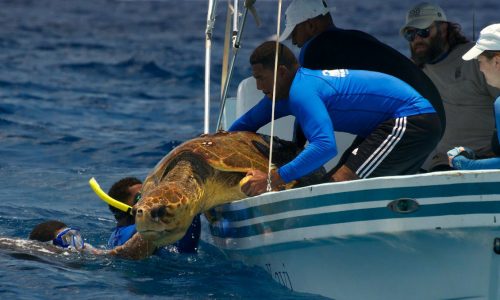
Pivoting to Assist Fishing Communities During the Pandemic
News: https://maralliance.org/did-covid-give-sharks-a-break/
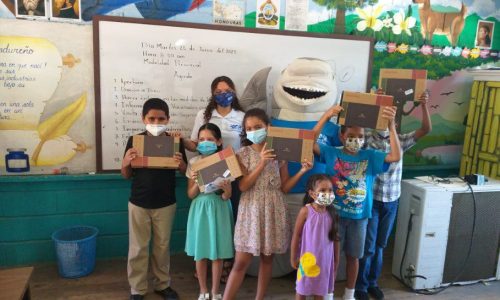
Bridging Gaps in Remote Education During Lockdown
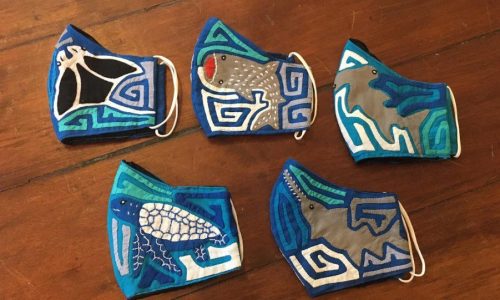
Tradition, Resilience and Conservation in Guna Yala, Panamá
2021
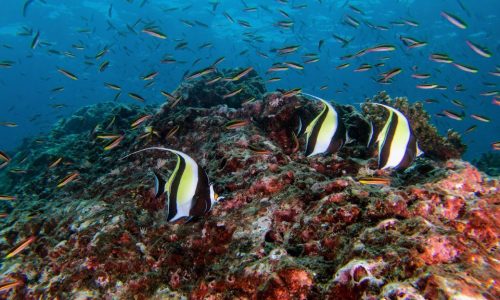
1st Marine Megafauna Assessment in Coiba National Park, Panama.
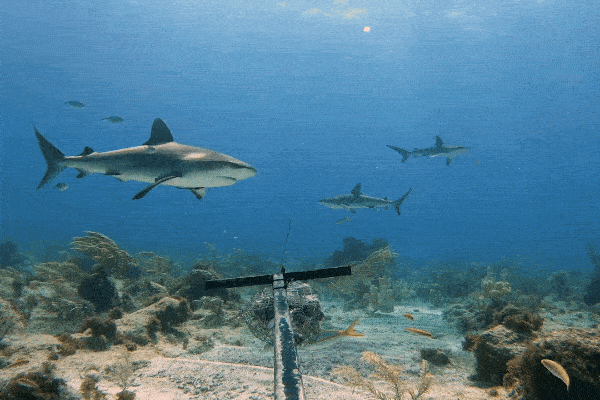
Shark Fishing Prohibition in Belize’s Atolls
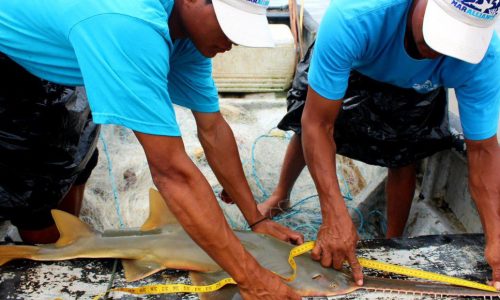
Rediscovery of the Critically Endangered Largetooth Sawfish
News: https://maralliance.org/catching-and-releasing-aba-in-the-waters-of-the-darien-panama/
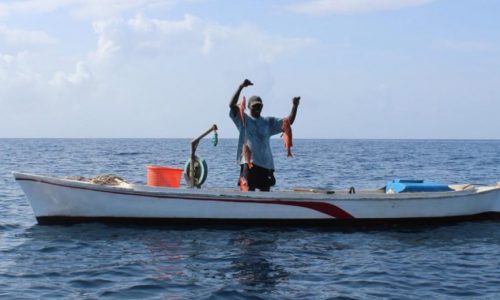
Deep sea discoveries
News: https://maralliance.org/fishing-down-the-reef-slope/
2022
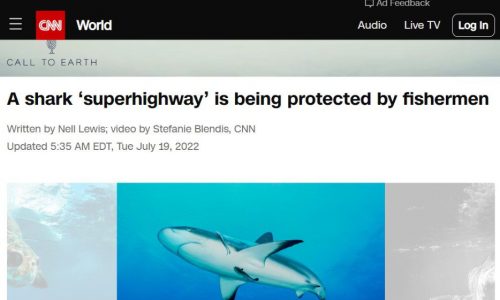
Shark Superhighway featured on CNN
News: A shark ‘superhighway’ is being protected by fishermen | CNN
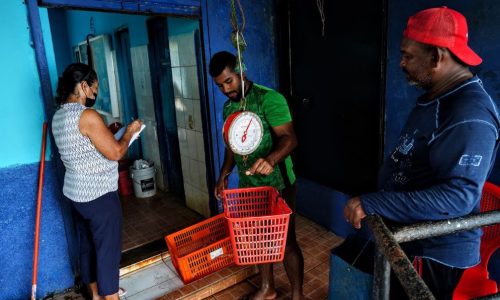
Initiation of the Coiba Landings Program, Panama
2023
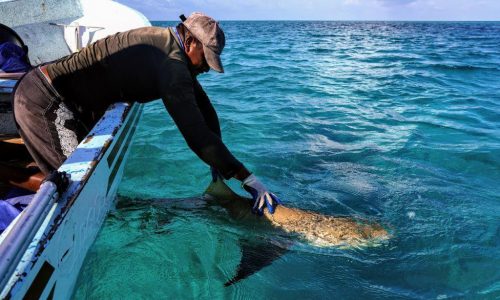
Setting Records: Unprecedented Shark Tagging Success
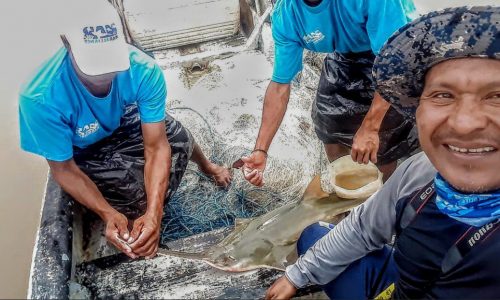
The Release of Four Critically Endangered Sawfish by Traditional Fishers
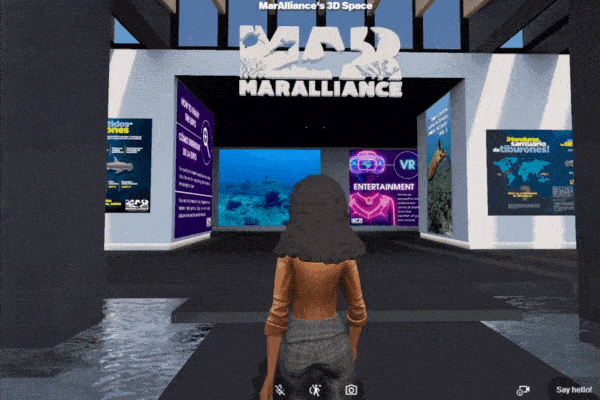
MarAlliance’s Metaverse Exhibit: Inspired by the Gaming World
News: https://maralliance.org/maralliances-metaverse-exhibit-inspired-by-the-gaming-world/
Groundbreaking Discoveries in Male Sea Turtle Research
News: https://maralliance.org/why-are-we-interested-in-monitoring-male-sea-turtles/
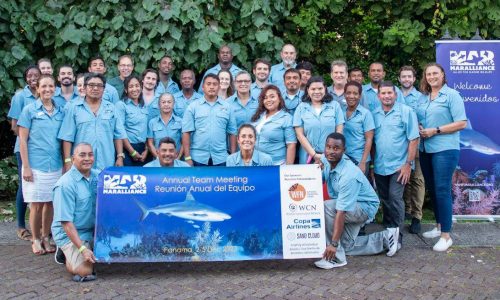
First Global Team Meeting
Your donation supports our efforts
Every donation we receive will be wisely invested to help us protect and research threatened marine wildlife, their critical habitats, and dependent human communities.
We are currently active in 5 countries around the world
We have engaged with over 5,000 students through our marine educational programs
We have worked closely with over 300 fishers in 27 coastal communities
We research over 50 marine species with a focus on coastal sharks, rays and turtles and large finfish.
